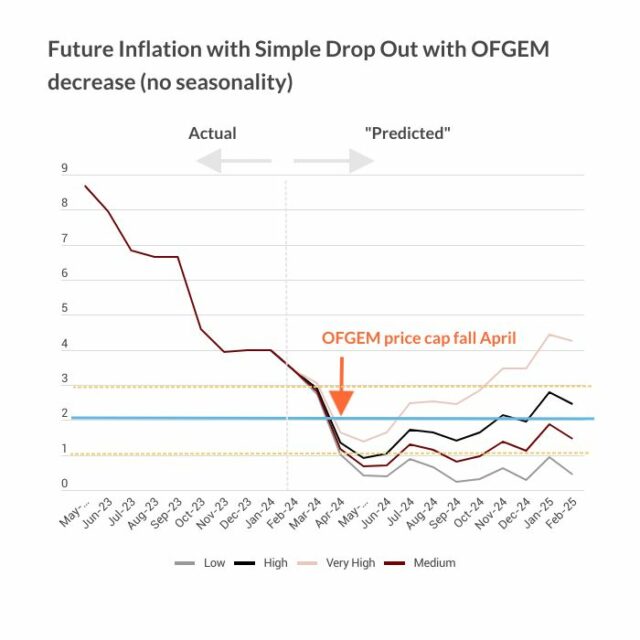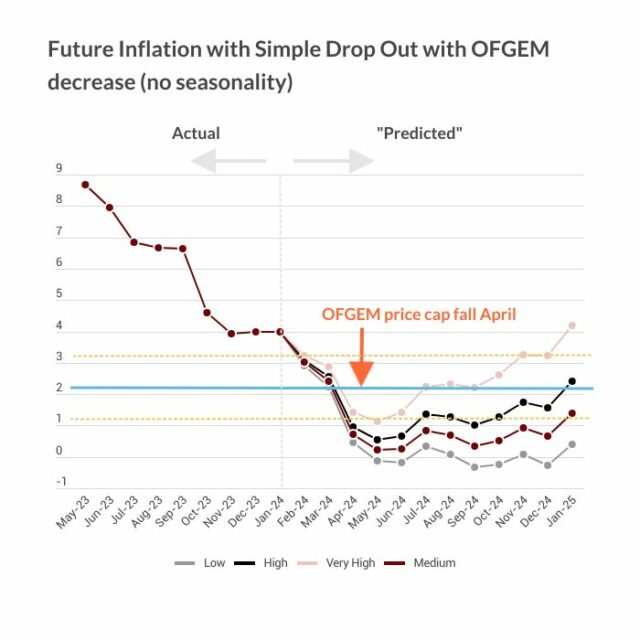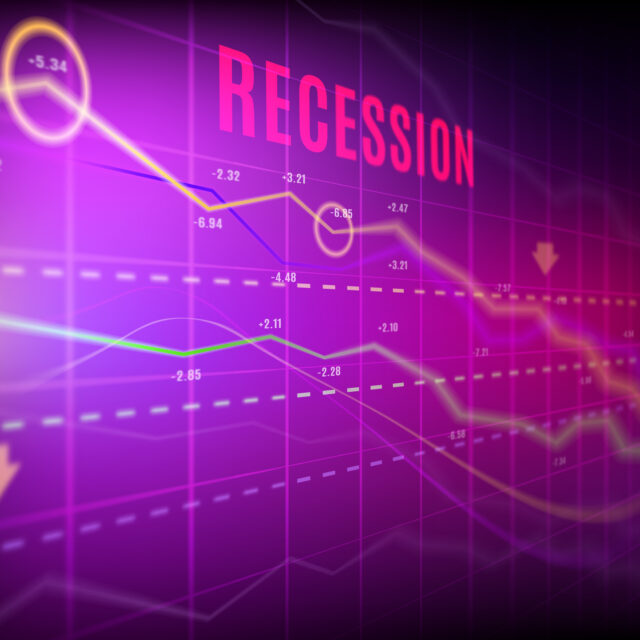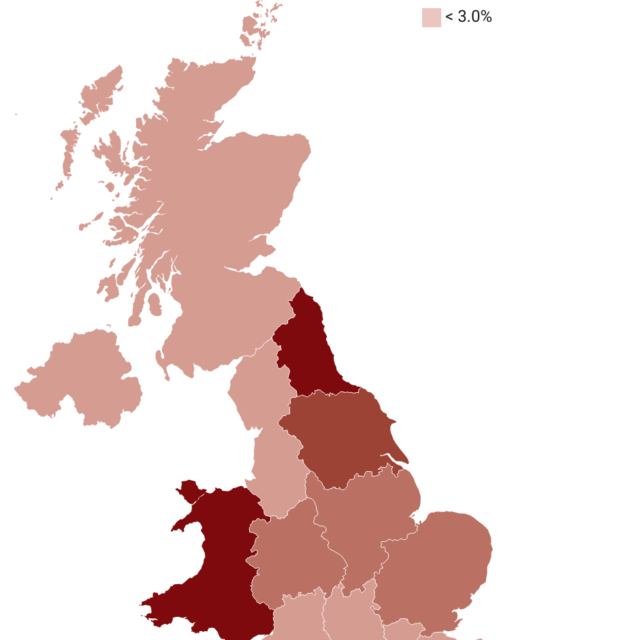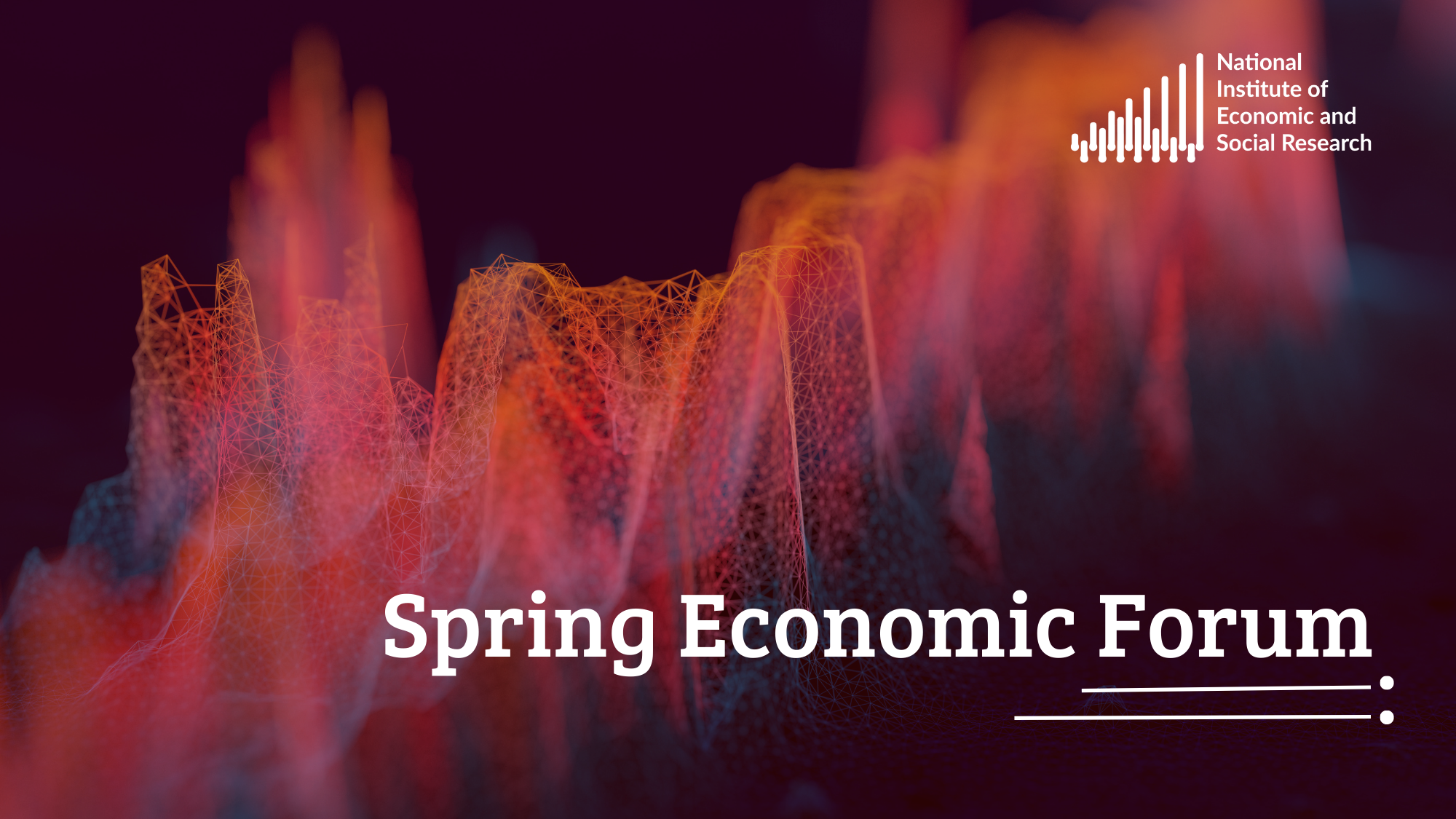Record Vacancies Result in Pay Increases for New Hires
 Pub. Date
Pub. Date
14 December, 2021
 Pub. Type
Pub. Type
Main points
- Growth in Average Weekly Earnings including bonuses (AWE) was 4.9 per cent in the 3 months to October, in line with our forecast in the November Wage Tracker.
- Private sector pay growth was slightly lower than predicted at 5.4 per cent because of lower-than-expected bonuses but public sector pay growth was higher-than-predicted at 2.7 per cent.
- AWE is currently being inflated by a base effect. Removing this effect, we estimate that underlying AWE is at 4.4 per cent.
- We forecast average weekly earnings to decelerate to 4.1 per cent in the fourth quarter as the base effect disappears and public sector pay decelerates because of the Government’s pay freeze policy (except for the NHS and Ministry of Justice)
- The current imbalance between supply and demand for labour is leading to increases in pay for new recruits and record vacancies.
- We expect weekly earnings annual growth to average 5.7 per cent in 2021 – the highest in two decades - and 3.6 per cent in real terms, after 1.8 per cent (nominal) and 0.8 per cent (real) in 2020. The acceleration in average earnings growth is largely explained by the fact that fewer people used the furlough scheme this year compared to last year.
- The rise in inflation will mean close to zero average real earnings growth next year if there is no significant increase in underlying wage growth.
“After growing at a record rate of 3.9 per cent last year, public sector pay has moderated because of the Government’s pay freeze policy (except for the NHS and the Ministry of Justice). With a backdrop of record vacancies, private sector pay growth has recovered from its dismal 2020 year and is now growing faster than public sector pay. But inflation rising to more than 4 per cent next year will reduce any real wage gains, and households’ income will be further squeezed by the rise in national insurance contributions.
Cyrille Lenoël
Principal Economist, NIESR


